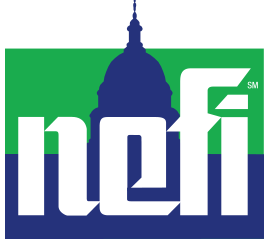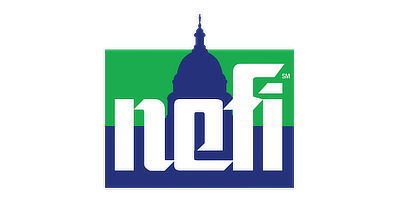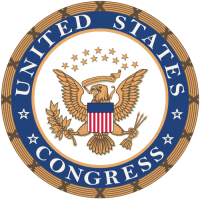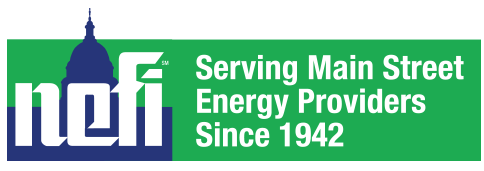The House will consider a wide range of legislation that blocks federal funding from reaching terrorist linked entities, imposes sanctions on maritime piracy, and assesses the feasibility of a trans-Atlantic fiber optic cable connecting the U.S. to West Africa. Additionally, it will also take up consumer protection measures along with several financial services aimed at expanding access to capital and supporting rural job creators.
Most notably, however, the House is expected to begin consideration of its first fiscal year 2026 appropriations bill this week, starting with the Military Construction-VA measure. This marks the formal kickoff of the annual appropriations process and will set the tone for broader funding debates in the months ahead.
Senate Republican leadership is working to advance its version of the budget reconciliation package, referred to as the "big, beautiful bill," H.R. 1, with floor action expected as early as this week. The goal is to finalize the legislation ahead of a self-imposed July 4th deadline. However, the process is being shaped significantly by the constraints of the Byrd Rule, a procedural guardrail that limits what can be included in reconciliation bills. Under this rule, named after the late Senator Robert Byrd, only provisions that have a direct and measurable impact on federal spending or revenues may be included. This allows the bill to bypass the 60-vote threshold typically required to overcome a filibuster and instead pass with a simple majority.
The Senate Parliamentarian has already ruled that several provisions from the committee drafts violate the Byrd Rule. These include measures unrelated to budgetary outcomes which must now be revised or removed. This has forced committees to rework their sections of the package, complicating the timeline and scope of the legislation.
Notably, this action involved provisions submitted by the Senate Environment and Public Works Committee. The Parliamentarian ruled that the Senate may use reconciliation to rescind unobligated funds provided under the Inflation Reduction Act (IRA), but it cannot use the process to repeal the underlying statutory authorities themselves. This decision allows the Senate to rescind a wide range of EPA programs. However, it also potentially improves the chances that Democrats could re-instate program funding should they return to power.
NEFI is pleased to announce that the Energy Choice Act (ECA), H.R. 3699, has now gained an additional 15 co-sponsors since its introduction, bringing the total to 54 in the House.
Committee meetings of interest:
House Energy and Commerce Subcommittee on Health, on the FY 2026 budget with Robert Kennedy on Tuesday at 10:00 am. (details here)
Senate Judiciary Subcommittee on Competition Policy, Antitrust, and Consumer Rights, hearing to examine deregulation and competition on Tuesday at 2:30 pm. (details here)

 Admin - 02:00 pm -
June 24th, 2025
Admin - 02:00 pm -
June 24th, 2025 







